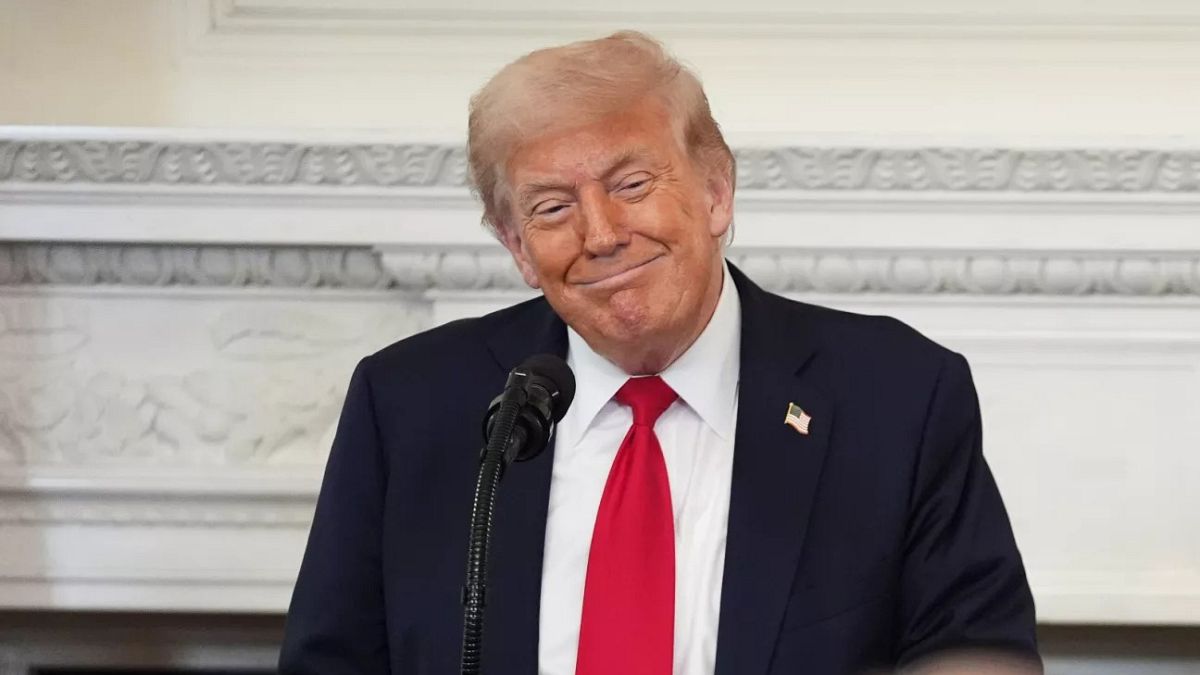

In these dynamic times, the interconnectedness of global economies and political strategies are demonstrating their complexity and influence in profound ways. This article delves into the recent developments in international trade, tourism, inflation, and geopolitical maneuvers, offering insight into their broader implications.
Starting with transatlantic trade relations, the announcement by former U.S. President Donald Trump of a looming 30% tariff on European Union goods slated to take effect from August 2025 sends ripples through the trade landscape. This move casts uncertainty on Europe’s previously optimistic growth projections. Analysts, including those from Goldman Sachs, caution that such measures could potentially trim the eurozone’s GDP by 1.2%, as investors eagerly await the outcome and prepare for possible reversals.
Meanwhile, across the Pacific, Thailand demonstrates a tempered approach to economic adjustments. The anticipated tourist entry fee, initially planned for implementation in 2025, will now be deferred until 2026. As the country grapples with a decline in tourist arrivals and an overall economic slowdown, the entry fee, projected at €7.50, is intended to fund travel insurance and enhance tourism infrastructure projects. The delay offers the Thai economy some additional time to stabilize and strategize on rejuvenating its vital tourism sector.
In the U.S., effects from Trump’s tariffs are beginning to resonate with inflationary pressures. As of June, inflation has surged to 2.7%, marking its highest peak since February. This acceleration is largely attributed to rising costs across various consumer goods, from clothing to large appliances. The implications of these tariffs on everyday expenses for the average American consumer highlight the pervasive impacts of such policy decisions.
Turning our attention to European political maneuvers, a noteworthy strategic advance unfolds in the form of European diplomacy in addressing the ongoing conflict in Ukraine. Under the challenging climate of geopolitical tensions, notably with Russia, European nations—led by Germany—have adeptly navigated the complex dynamics to encourage U.S. administration support for Ukraine. This cooperation was achieved through a nuanced approach that carefully managed the balance of power without directly challenging Russian interests.
Further fortifying its position within the EU, Germany’s substantial fiscal plan has received approval. This plan, focusing on bolstering infrastructure, security, and military capabilities, marks a significant shift toward strengthening Europe’s internal and external frameworks. It underscores Germany’s commitment to reinforcing its role in the region and contributing to the collective resilience of the EU.
As these developments unfold, they reflect a global stage where economic policies and political strategies interweave, influencing markets, nations, and individuals. From tariffs shaping consumer prices to strategic diplomacy supporting conflict-ridden regions, nations are compelled to navigate these challenges with foresight and resilience. The ongoing narrative of cooperation, adjustments, and strategic implementation highlights the ever-evolving nature of international relations and their capacity for fostering stability and growth in these complex times.
Source: {link}
